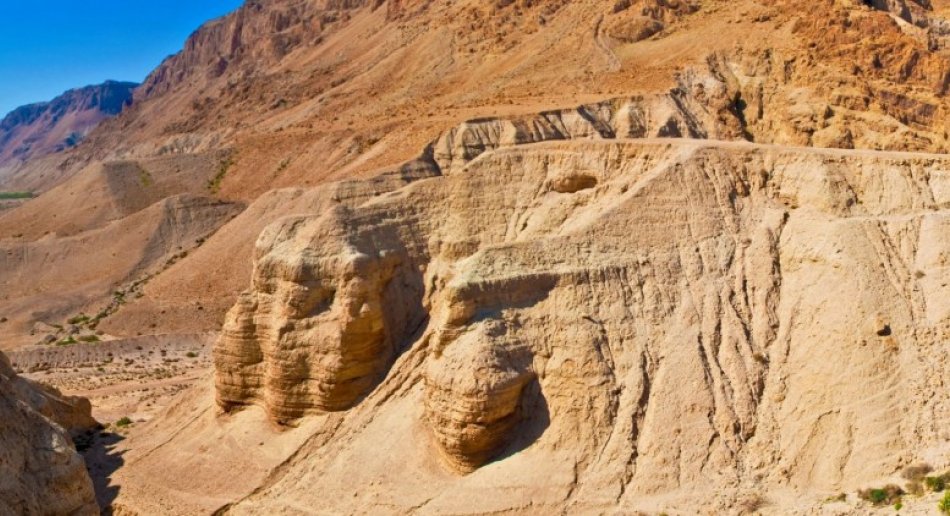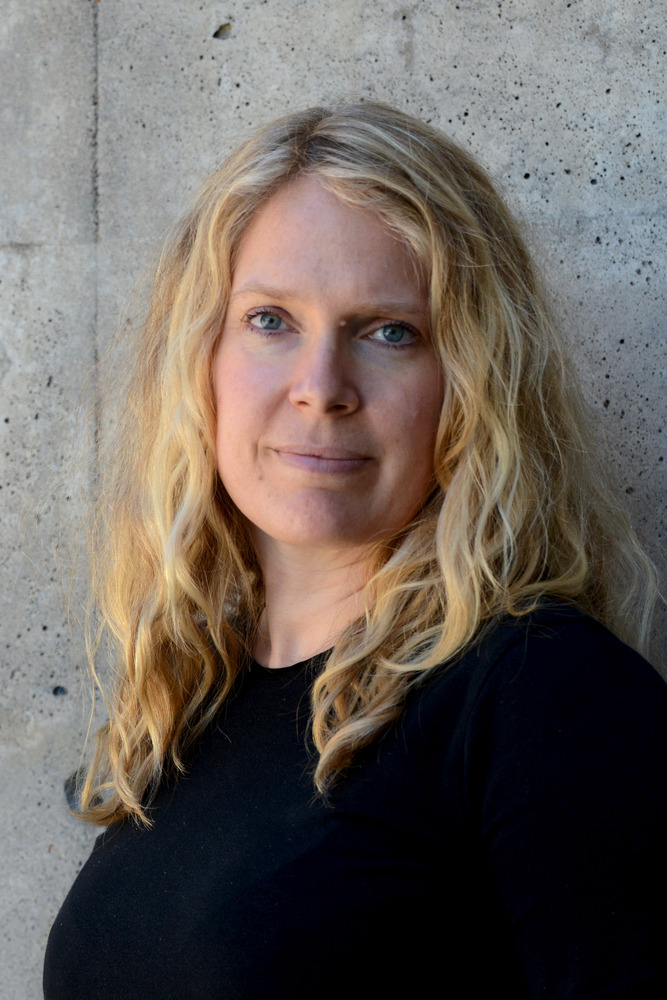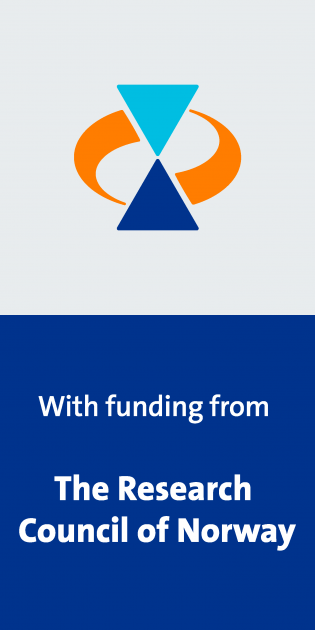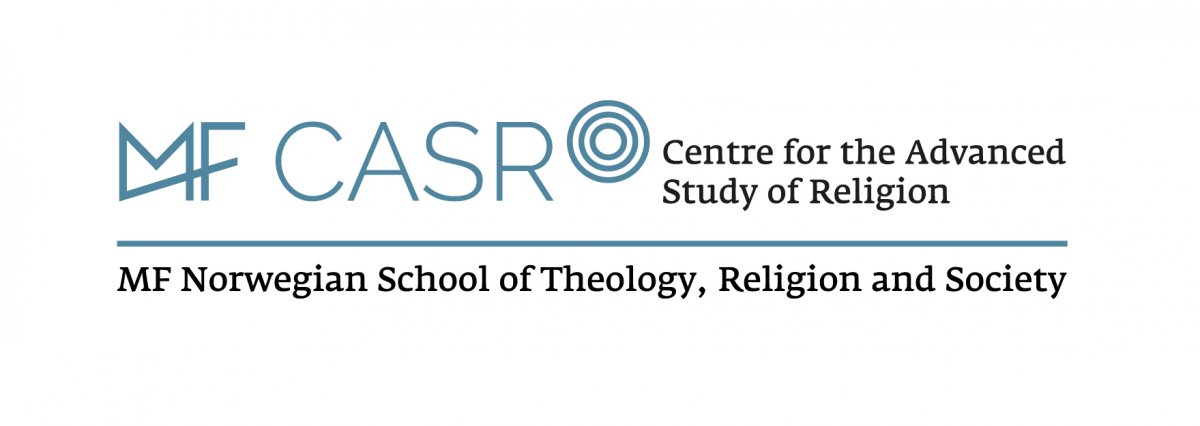
The Lying Pen of Scribes
Manuscript Forgeries, Digital Imaging, and Provenance Research. A New RCN-Funded Project.
Contact
For more information, please contact Project Leader:

Liv Ingeborg Lied


Background
Scrolls fragments, and the subsequent publishing of a majority of them, disclosed a fundamental and multifaceted crisis in the field of the Dead Sea Scrolls and Qumran studies. The new fragments were promoted by leading scholars, they “survived” advanced physical testing, renowned palaeographers authenticated them, and ultimately they were published by some of the most reputable experts in the field. The fragments became and remain part of the world famous Dead Sea Scrolls dataset even though they were undocumented, unprovenanced, and forged.
Goals
The RCN-funded project, The Lying Pen of Scribes, brings together researchers from Image Sciences, Physics, Archaeology, Religious Studies, Media Studies and Dead Sea Scroll studies in a new interdisciplinary and holistic approach to the study of the Dead Sea Scrolls. The main objective of the project is to produce a comprehensive resource of data, methods, and procedures for the interdisciplinary analysis of Hebrew and Aramaic Dead Sea Scrolls manuscripts and fragments through a combination of physical analyses, digital imaging, machine learning, study of scribal practices and media, and provenance research. A key component of the project is the rethinking of the practices, epistemologies and ethics of textual and manuscript studies. The project promotes a broad awareness of the provenance of manuscripts and the ways in which narratives of manuscript finds and circulation are construed and framed in the academy, by actors in the antiquity markets, as well as in professional media outlets, and in hybrid, networked media.
Participants
Work Package 3 of the project, which is chaired by Professor Liv Ingeborg Lied (MF), will focus on provenance research, media history, and ethics. Professor Brent Nongbri (MF) will explore aspects of the overlaps between the antiquities market, manuscript collections and the academy. Post doctoral researcher Dana Ryan Lande (MF) will study the media history of the Dead Sea Scrolls and the post-2002 Dead Sea Scrolls-like fragments.
Partners
The Lying Pen of Scribes: Manuscript Forgeries, Digital Imaging, and Provenance Research is funded by a FRIPRO/TopForsk-grant from the Research Council of Norway (2019-24), owned by the University of Agder and chaired by Professor Årstein Justnes. The members of the research team are based at the University of Agder (Kristiansand), the Norwegian University of Science and Technology (Campus Gjøvik), NLA University College (Oslo), and MF Norwegian School of Theology, Religion and Society (Oslo).
